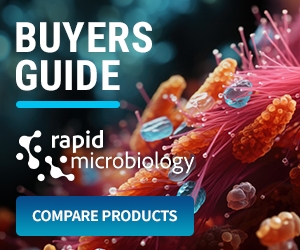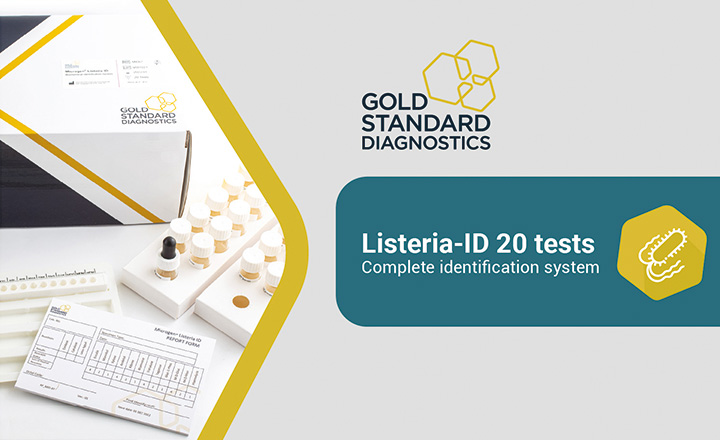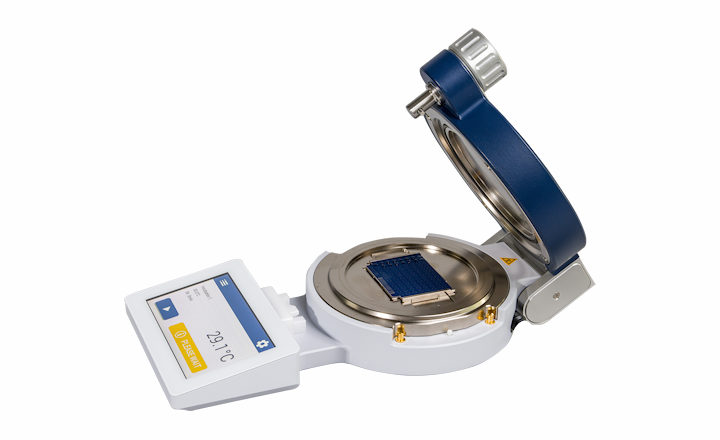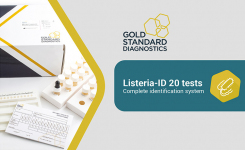Pathogenica, Inc. have signed a partnership with Targeted Genomics, based in Canberra, Australia, to market and distribute Pathogenica's HAI (Hospital Acquired Infection) BioDetection Kit on an exclusive basis to the Australian and New Zealand markets.
The Pathogenica kit is the first DNA sequencing analysis product that enables identification of infectious diseases with sequence-specific resolution at a scale that makes hospital-wide screening practical.
Pathogenica's HAI BioDetection Kit enables health care providers to rapidly characterize, track, and deal with the causative agents, preserving the health of patients and helping hospitals reduce the cost of care.
"The Pathogenica HAI solution allows healthcare and research facilities of all sizes to leverage sequencing technology for obtaining useful findings to track HAIs, control outbreaks, and improve quality of care," said Bill Mobbs, Director of Targeted Genomics.
The Pathogenica solution quickly identifies what species are present in a sample and also provides sequence data (including strain identity and resistance genes), which is critical information for understanding and containing, or preventing outbreaks. The kit can detect 12 bacteria commonly associated with HAIs and 18 resistance gene families in a single assay, and simultaneously screens up to 24 samples. The kit offers an impressive "sample to result" turnaround of less than 12 hours and detects co-infections with a high degree of reliability. Pathogenica's analysis software provides simple, concise output reports that indicate which species and strains are present and at what levels.
The technology means better infection control and management because it enables the tracking of outbreak transmission between patients and between sites as well as the analysis of microbial resistance dissemination.
The HAI Biodetection kit has the capability to identify and distinguish bacterial pathogens responsible for >90% of nosocomial infections. The platform is also able to quickly incorporate the detection of emerging pathogenic fungi, viruses and resistances.
The kit is currently only available for research use and is not intended for diagnostic purposes. The companies have agreed to develop the technology for a wider range of uses in Australia.























